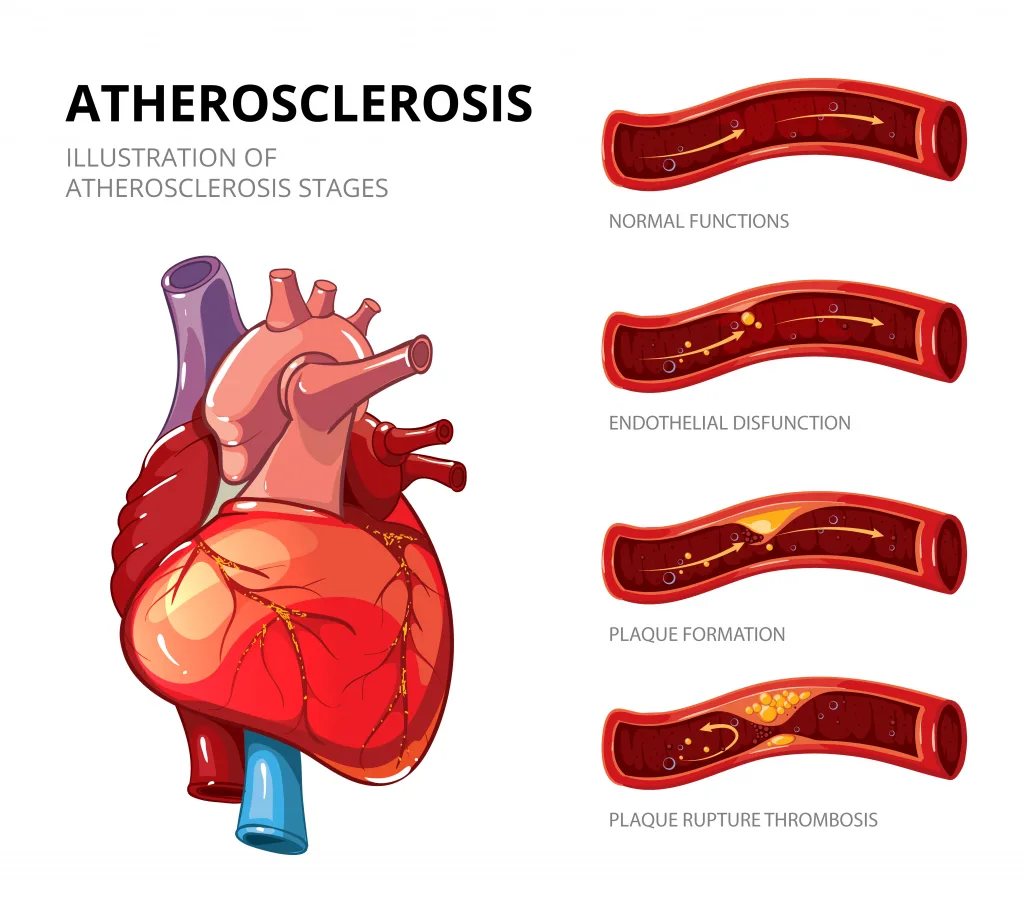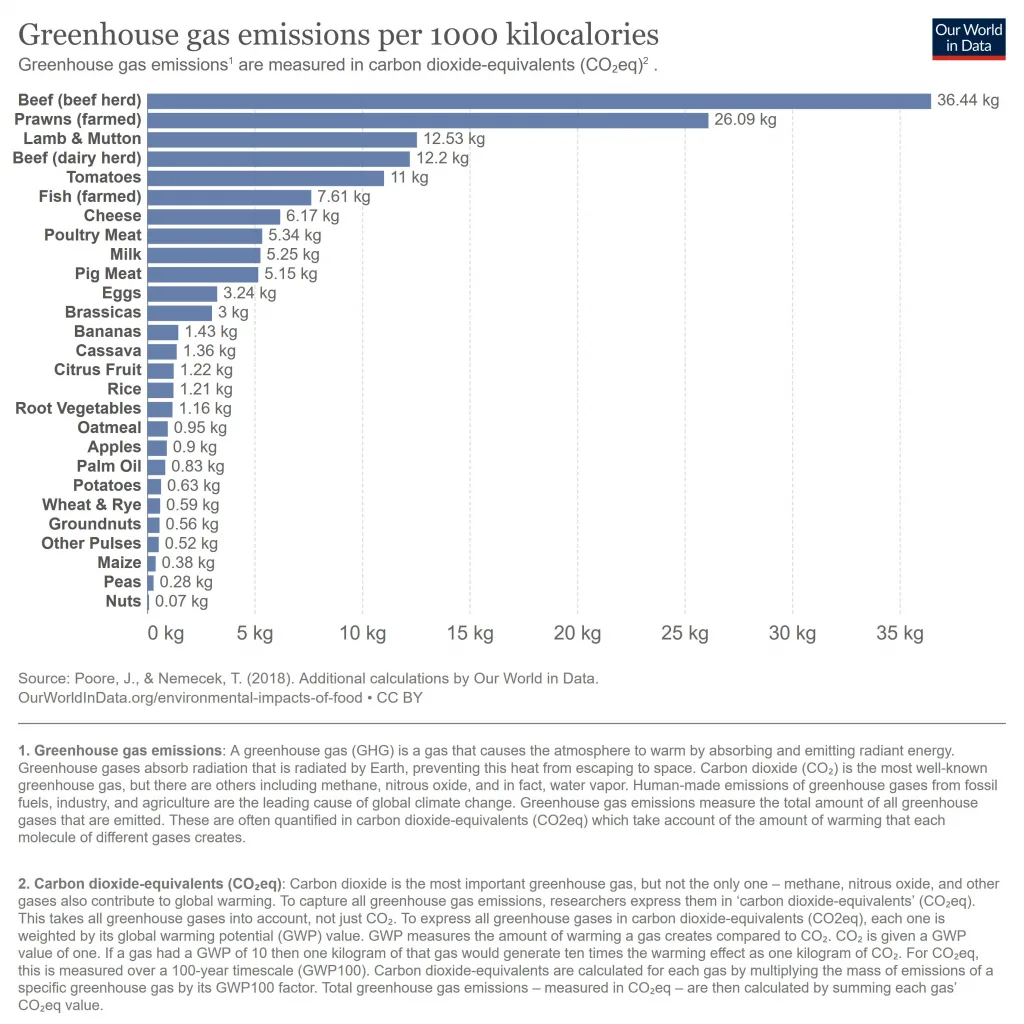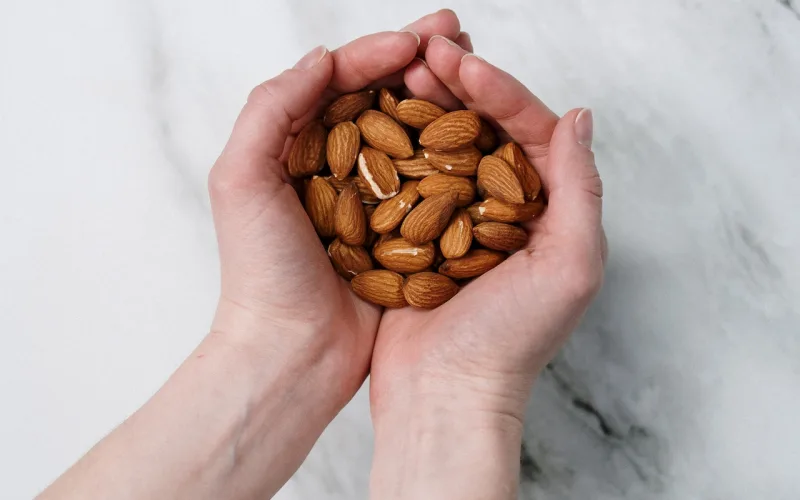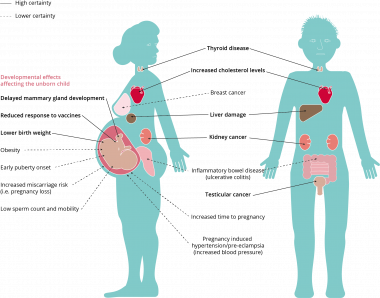Last Updated on June 29, 2023 by Ecologica Life
Are almonds good for weight loss? Nuts are a very nutritious food group that is often overlooked when it comes to weight loss and healthy eating.
Adding almonds to your diet may help prevent weight gain, according to a study from the University of South Australia. Almonds, like other nuts, are a healthy source of protein, fibre, good fats, and vitamins such as B2 and E.
The study found that people who ate 30-50g of almonds reduced their energy intake by 300 kilojoules. This reduction was mainly due to eating less junk food.
According to the World Health Organisation, 1.9 billion adults worldwide are overweight. Of those, 650 million are obese. Obese people are more likely to develop health problems such as high blood pressure, diabetes, heart disease, and even death. It is therefore vital that we look at ways of tackling this epidemic.
The aforementioned study looked at hormones that regulate appetite and how almonds can help control appetite.
The researchers found that the group who ate almonds had a 47% lower peptide C response than those who did not. Peptide C has been shown to play a role in the risk of diabetes and cardiovascular disease.
Peptide C has also been shown to play a role in insulin sensitivity. Insulin sensitivity is simply how well your cells respond to insulin. If there is a poor response to insulin, insulin becomes ineffective at lowering your blood sugar (glucose) levels after a meal. This is typically seen in people with pre-diabetes.
The group that ate almonds had higher levels of GIP (18% higher), glucagon (39% higher), and pancreatic polypeptide (44% higher).
GIP stimulates the release of glucagon when your blood sugar is low. Glucagon helps prevent your blood sugar levels from getting too low. Glucagon also promotes satiety, and may even promote weight loss by, among other things increasing energy expenditure. Pancreatic hormone acts on the hypothalamus to reduce appetite.
So the almond eating group had lower levels of peptide C and higher levels of GIP, glucagon and pancreatic hormone. Looking at this picture as a whole, we can see that overweight and healthy people can enjoy the benefits of almonds. Almonds are nutritious and you may wish to consider adding them to your diet, in appropriate proportions of course.
As well as helping with weight loss, almonds have also been shown to improve heart health. A study was published in the Journal of the American Heart Association. It found that daily consumption of almonds reduced LDL cholesterol levels in participants.
LDL cholesterol is commonly referred to as the “bad cholesterol”. This is because high levels of LDL can promote the build-up of cholesterol in your arteries and atherosclerosis.

Almonds are a good source of unsaturated fats such as monounsaturated and polyunsaturated fats. These fats help to lower LDL fats in the body and are therefore important for maintaining a healthy cardiovascular system.
Table of Contents
How To Eat Almonds for Weight Loss
When it comes to eating nuts, there are many ways to enjoy them beyond just snacking on them. Adding nuts to salads, oatmeal, or yoghurt can add a satisfying crunch and a nutritional boost to your meal. Nut butters, such as almond butter or peanut butter, are also a delicious and versatile option. These butters can be used as a spread, added to smoothies or baked goods.
There are a number of ways to prepare your almonds for eating:
- Eat them raw: Eating almonds raw or roasted is the easiest and healthiest way to enjoy them. For enjoy maximum health benefits, buy unsalted almonds, as too much salt in your diet is bad for you.
- Powder or blend them: You can get your daily dose of almonds by powdering them into your oatmeal or any dessert. Alternatively, add them to your smoothie or shake for a nutritional boost.
- Make almond milk: You can always try making your own almond milk. Consider replacing your regular milk with almond milk – vegan options such as oat milk and soy milk are becoming increasingly popular!
Best Nuts for Weight Loss
According to Healthline, some of the best nuts to add to your diet to reduce belly fat include:
- Almonds
- Pistachios
- Walnuts
- Cashews
- Pecans
- Macadamia Nuts
- Brazil Nuts
- Hazelnuts
- Peanuts
Nuts are a rich source of essential nutrients. However, when eating almonds to lose weight, many nuts including almonds are high in fat. When snacking on almonds it can be easy to overeat them. Overeating is of course not ideal if you are trying to avoid weight gain.
To avoid overeating, measure out a serving of almonds when snacking. Don’t eat them straight from the packet. A handful of nuts (about 1 ounce or 28 grams) is a good serving size.
Best Time to Eat Nuts for Weight Loss
You may be tempted to snack on biscuits or other junk food between meals. This is the perfect time to replace unhealthy snacks with nuts. A handful of nuts can be used as a nutritious mid-morning or mid-afternoon snack to keep hunger at bay.
Are Nuts Good for the Environment?
Consumers are becoming more environmentally conscious when buying food and other products. Many people are concerned about the origin of their food, its ethical and organic production practises, and its carbon footprint.
Nuts Have a Lower Carbon Footprint than Animal-Based Proteins
Animal-based proteins emit more greenhouse gases (GHGs) than plant-based proteins. Nuts, tofu, and beans are examples of plant protein sources that emit significantly less GHGs.

As you can see in the graph above, beef, farmed prawns and lamb produce the most greenhouse gas emissions. Beef produces 36.4 kg CO2eq, while nuts produce only 0.07 kg CO2eq.
Most GHG emissions from food are caused by land use and farming practices. These include the use of fertilisers (organic and synthetic), the application of pesticides, and methane produced by cattle. However, nuts and other plant-based sources however require much less intensive farming methods.
It should be noted that the amount of protein obtained from nuts is not equal to that obtained from meat. There are many plant-based protein options now available. but you should always speak to a dietician before making any significant changes to your diet.
Are Almonds Bad for the Environment?
Because almond trees require a lot of water to mature, almonds are sometimes thought to be less environmentally friendly. Each almond requires one gallon (4.6 litres) of water to produce. Almond orchards can also put a strain on bee populations and disrupt ecosystems. If possible, choose organic almonds, which are more environmentally friendly.
But does that mean that you shouldn’t eat almonds? After all, the environmental impact of almond production is still much lower than that of meat production.
And efforts are being made to limit the amount of water used in almond production. Almond growers in California are increasingly using drip irrigation systems. These systems reduce water use by delivering smaller, more precise amounts of water to the plants.
Macadamia nuts, hazelnuts, and Brazil nuts are excellent examples of sustainable food production. They require little water and minimal maintenance. Brazil nuts also help prevent deforestation and support the rainforest. However, walnuts and pistachios are the nuts with the lowest carbon footprint.
In summary, adding nuts to your diet can have many health benefits. These include aiding weight loss, improving heart health, and reducing the risk of type 2 diabetes. When choosing nuts for your diet, consider their sustainability. Also be aware of portion sizes.
With so many delicious ways to enjoy nuts, there’s no reason not to add them to your diet today!








